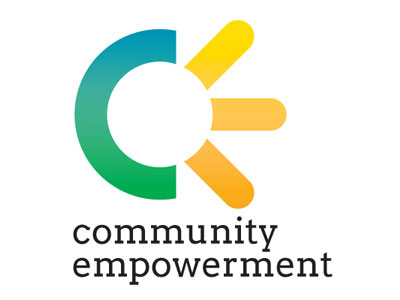
Introduction
Waste-to-Energy (WtE) initiatives have gained significance in recent years due to their potential to address both environmental and social challenges. This article aims to explore the concept of empowering communities through WtE projects and the importance of studying their social impact.
Historical Background
The origins and evolution of WtE initiatives can be traced back to early examples of community empowerment. These initiatives have grown from simple waste management practices to sophisticated systems that generate energy from waste materials.
Key Concepts and Definitions
Empowerment plays a crucial role in WtE initiatives as it enables communities to actively participate in decision-making processes and shape the outcomes of these projects. Additionally, understanding the social impact of WtE initiatives requires a comprehensive definition of the concept, considering its various dimensions.
Social and Environmental Benefits of WtE Initiatives
Social benefits
WtE initiatives offer various social benefits, including job creation and economic development. These projects create employment opportunities and contribute to local economies. Additionally, they improve community health and well-being by reducing waste-related hazards and promoting a cleaner environment. Furthermore, WtE initiatives encourage community engagement and participation, fostering a sense of ownership and responsibility among community members.
Environmental benefits
WtE initiatives play a crucial role in addressing environmental concerns. They significantly reduce greenhouse gas emissions by converting waste materials into clean energy. Moreover, these projects contribute to waste reduction and resource conservation by diverting waste from landfills. WtE initiatives also promote sustainable practices by utilizing renewable energy sources and reducing reliance on fossil fuels.
Empowering marginalized communities
WtE initiatives can empower marginalized communities by providing them with opportunities for socio-economic development. Case studies have shown that communities benefit from WtE projects through increased income generation, improved access to resources, and enhanced decision-making processes. Ownership and involvement in the governance of WtE initiatives empower communities by giving them a voice and enabling them to shape their own future.
Case Studies or Examples
Community-led WtE project
This case study examines a community-led WtE project in a specific location. The project overview discusses the implementation and operation of the initiative, highlighting its social and environmental impact on the community. The project’s success lies in its ability to empower the community through active involvement in decision-making and resource management.
Successful integration of WtE initiatives
This case study focuses on the successful integration of WtE initiatives in a specific city, highlighting the collaboration between the government, private sector, and the community. The case study explores the positive outcomes for the community, such as improved waste management practices, reduced environmental pollution, and increased community engagement.
Current Trends or Developments
Technological advancements in WtE initiatives
Advancements in technology have enhanced the efficiency and effectiveness of WtE initiatives. Newer technologies enable the extraction of more energy from waste materials, making WtE projects more sustainable and economically viable.
Increasing government support and policy changes
Governments worldwide are recognizing the potential of WtE initiatives and are providing support through favorable policies and regulations. This support contributes to the scalability and growth of these projects.
Research findings on the social impact of WtE initiatives
Ongoing research has shed light on the social impact of WtE initiatives, highlighting their potential to empower communities and improve social indicators such as income levels, education, and health outcomes.
Challenges or Controversies
Opposition from local communities and environmental activists
WtE initiatives often face opposition from local communities and environmental activists due to concerns about pollution, health risks, and the displacement of communities. It is crucial to address these concerns through transparent communication and robust environmental safeguards.
Health and safety concerns associated with WtE processes
Some critics argue that WtE processes may pose health and safety risks to communities. However, advancements in technology and strict regulatory frameworks have significantly mitigated these concerns.
Displacement or gentrification of communities due to WtE projects
In some cases, WtE projects have led to the displacement or gentrification of communities. It is essential to ensure that WtE initiatives are implemented in a socially responsible manner, taking into consideration the needs and concerns of the affected communities.
Future Outlook
Potential for scalability and replication of successful WtE models
Successful WtE models have the potential to be scaled up and replicated in other communities, offering a sustainable solution to waste management and energy production worldwide.
Integration of WtE initiatives in sustainable urban planning
The integration of WtE initiatives in sustainable urban planning can ensure long-term environmental and social benefits. By incorporating WtE projects into urban development plans, cities can achieve a circular economy and reduce their carbon footprint.
Innovation and advancements in WtE technologies
Continued innovation and advancements in WtE technologies will further enhance the efficiency and effectiveness of these initiatives. This will lead to improved waste management practices, increased energy generation, and greater community empowerment.
Conclusion
In conclusion, empowering communities through WtE initiatives is crucial for sustainable development. These initiatives offer social and environmental benefits, contribute to community empowerment, and have the potential to address global waste management and energy challenges.